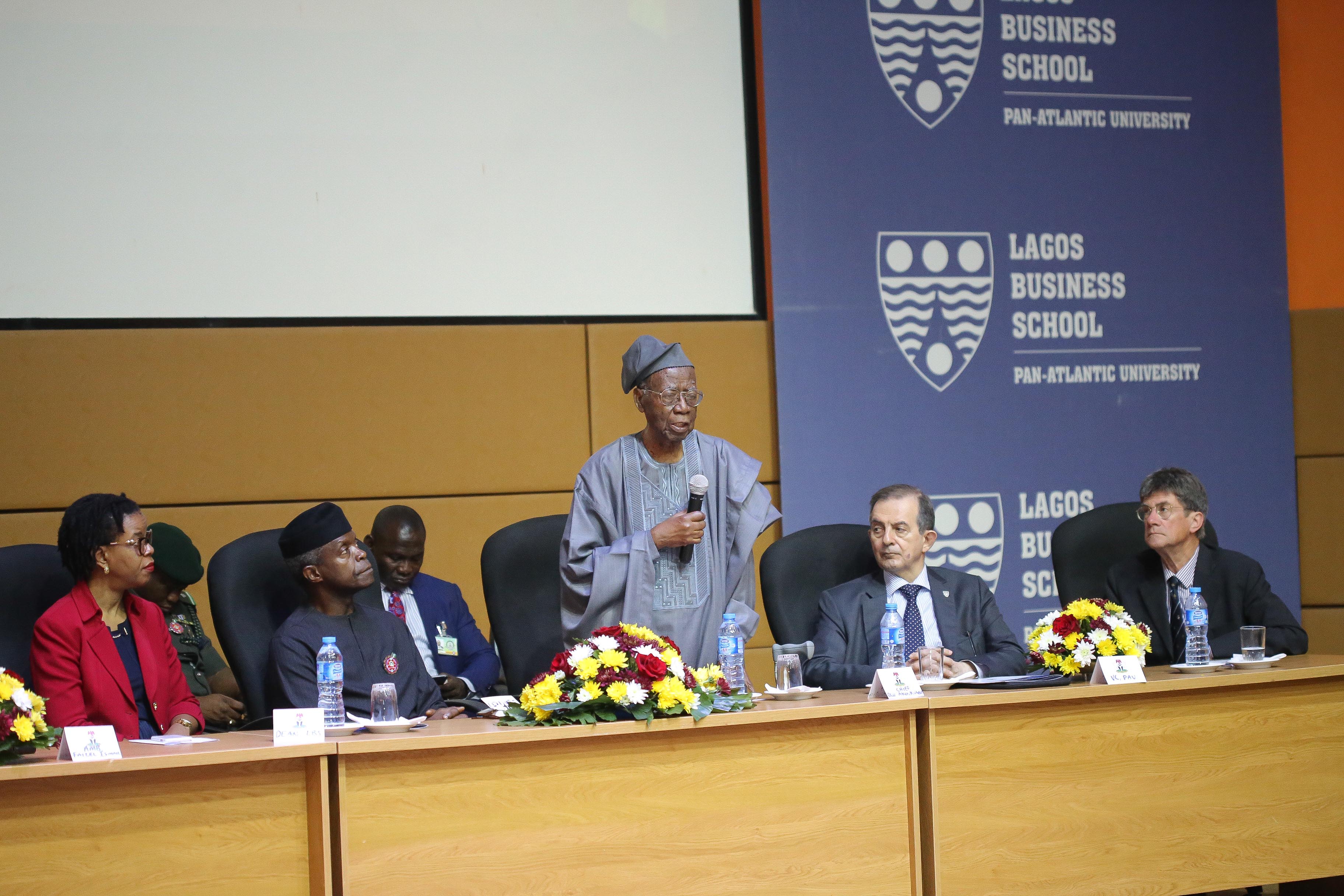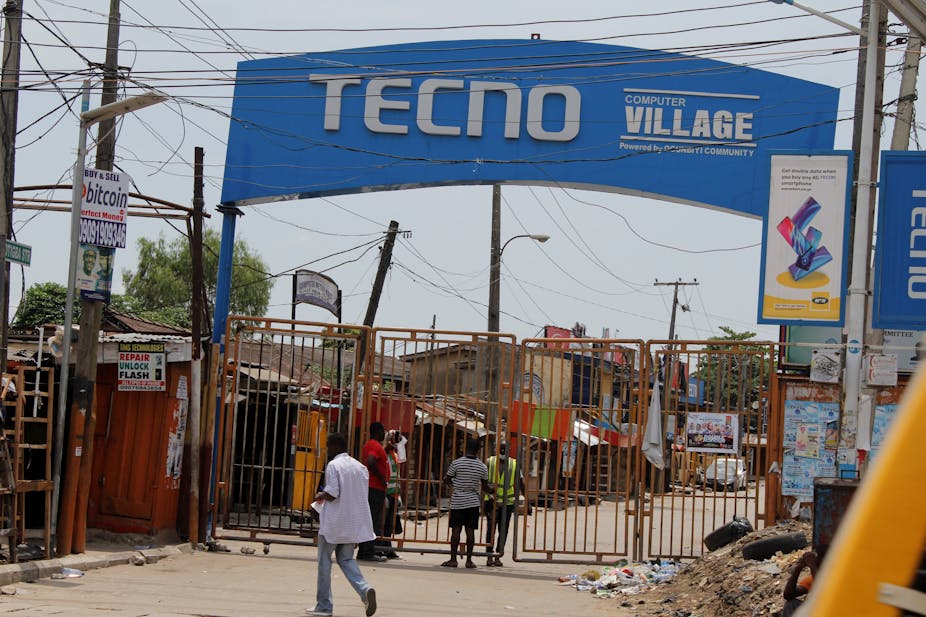The Lagos Business School said Nigeria will need the twin approach of business-focused policies and structural reforms to stimulate its foundering economy. That was one of several resolutions emerging from the school’s breakfast session held yesterday.

The locks placed on business activities across an already plagued African economy have seen massive slump in household, corporate and government revenues. Nigeria and Angola, two of the continent oil-dependent economies will be hit severely due to the surging cases of the COVID-19 and glut in global oil output. The former which generates 90% of its revenue from oil is projected to cut its expenditure by 0.62% due to sharply lowered revenue projection, with budget deficit widening to $5.365 trillion in the next 3 years.

Going forward, in the medium term, the economy is expected to be funded by domestic and foreign borrowing, privatization of key government assets, balanced by deeper tax oversight. Foreign borrowing will be pegged to concessionary loans from the likes of IMF and the World Bank; while privatization revenue and an effective tax collection regime, with no new increases, are expected to form other channels of funds for government.
The rate of new virus infection will be Topsy-turfy, or ‘W’-shaped, as the country gradually eases the lockdown in its economic nerve centres of Lagos, Abuja and Ogun.
However, the economy will witness a ‘U’-shaped recovery, meaning it will undergo a short downturn before recovery. These have significant implications for all segments of the economic. Those at the lower end to the middle of the socioeconomic ladder will be hard hit. As corporate organizations and government tighten the noose on budgeting it is possible for the country to see a spike in unemployment rate among the population.
The business school therefore sees policy changes to help businesses survive the austere season, along reforms to reduce the loads on government’s depleting revenues, and diversification away from overt dependence on the global oil market, will go a long way to bolster the economy in the medium and long term.
